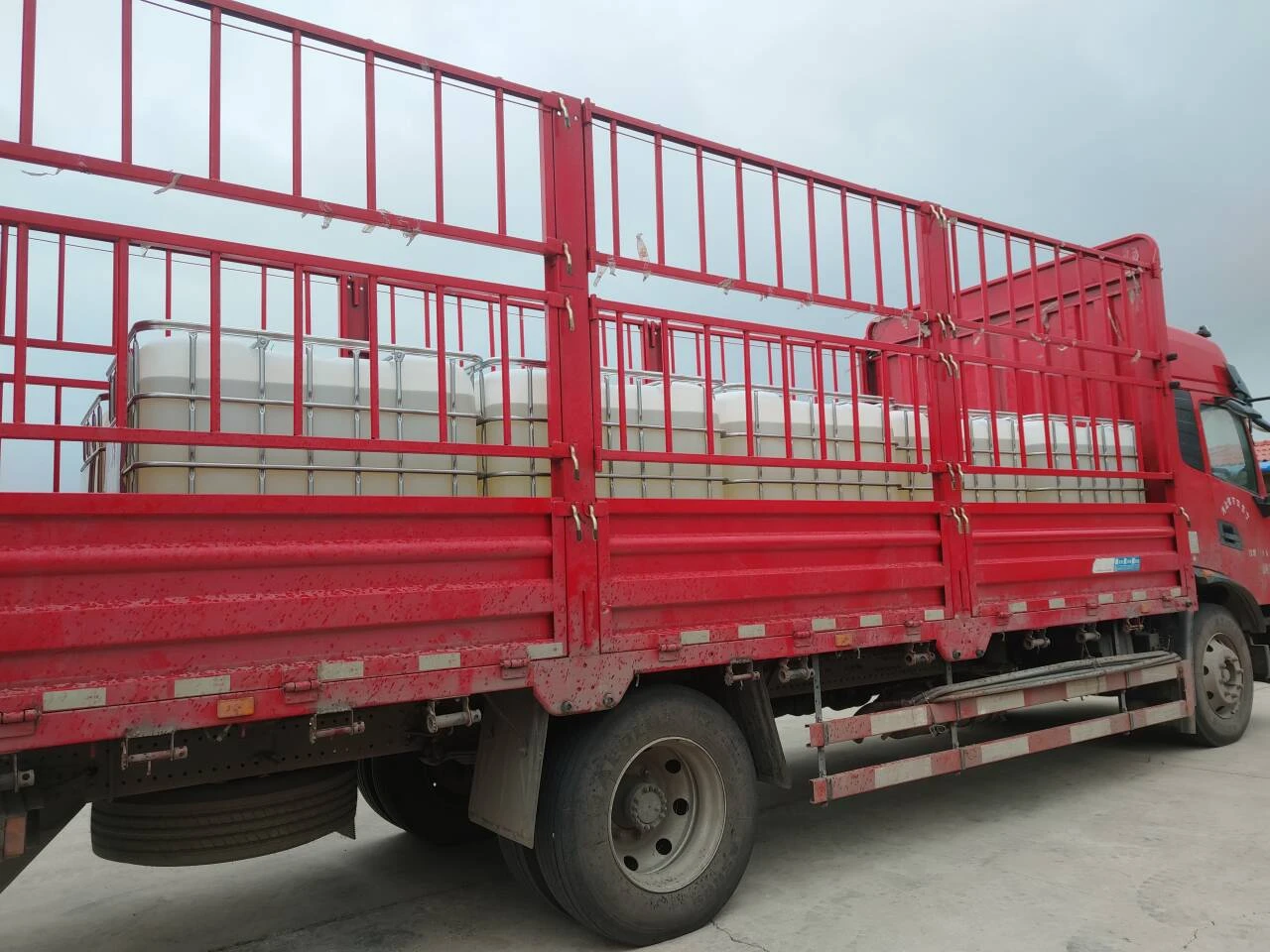chemical dosing in chilled water system
Chemical dosing in chilled water systems is an essential aspect of maintaining and optimizing the performance of HVAC systems, especially in large commercial buildings and industrial facilities. These systems rely on precise chemical treatments to ensure efficiency, prevent corrosion and scaling, and maintain water quality. Drawing on years of experience in the field, there are several key considerations for achieving an effective chemical dosing strategy.
First and foremost, the primary purpose of chemical dosing in chilled water systems is to manage water chemistry. This includes controlling the pH level, alkalinity, and hardness of the water, as well as preventing the buildup of biological growth which can lead to fouling. In practice, professionals often rely on a combination of corrosion inhibitors, scale inhibitors, biocides, and dispersants to achieve these objectives. The expertise required involves selecting the right combination and dosage of chemicals tailored to the specific needs of the system and the characteristics of the incoming water supply.
It's important to address the specific types of chemicals used. Corrosion inhibitors are crucial for protecting metal components in the chilled water systems. Products such as ortho-phosphate and molybdate-based inhibitors form a protective film over metal surfaces, reducing corrosion risk. Meanwhile, scale inhibitors work by sequestering calcium and magnesium ions, preventing them from precipitating and forming scale deposits on heat exchange surfaces. This expertise ensures the longevity and efficiency of the equipment involved.
Biocides are another critical aspect of chemical dosing. They control the growth of microorganisms, including bacteria, algae, and fungi, which can cause biofouling and reduce thermal efficiency. The choice between oxidizing and non-oxidizing biocides must be made carefully, considering system compatibility and safety requirements. Real-world experience has shown that alternating between different types of biocides can enhance effectiveness and prevent resistance buildup in microbial populations.chemical dosing in chilled water system
The effectiveness of chemical dosing is highly dependent on proper monitoring and control systems. Advanced technologies now allow real-time monitoring of water chemistry parameters, enabling precise, automated chemical dosing adjustments. This high level of control not only enhances system performance but also ensures regulatory compliance. Professionals with expertise in these technologies provide authoritative guidance, ensuring the dosing systems are correctly set up and calibrated for optimal performance.
Another critical element is the cleanliness and maintenance of the dosing equipment itself. Pumps, tanks, and pipelines should be regularly inspected and maintained to prevent leaks and blockages, which can lead to inconsistent dosing and inefficiencies. Trustworthy practices involve systematic cleaning schedules and using high-quality materials that resist chemical degradation.
Operator training is equally important in maintaining a well-functioning chemical dosing system. Personnel must be well-versed in safety protocols, chemical handling, and emergency response procedures. By investing in comprehensive training programs, facilities can not only improve the efficacy of their chemical dosing strategies but also enhance workplace safety and lower the risk of accidental exposure or environmental harm.
In conclusion, chemical dosing in chilled water systems demands a blend of experience, expertise, and commitment to reliable practices. By focusing on these areas, facilities can significantly improve the operational efficiency and longevity of their HVAC systems, reduce maintenance costs, and achieve substantial energy savings. These benefits underscore the importance of well-executed chemical dosing strategies, positioning facilities at the forefront of sustainable and effective energy management practices.
More product recommendations



